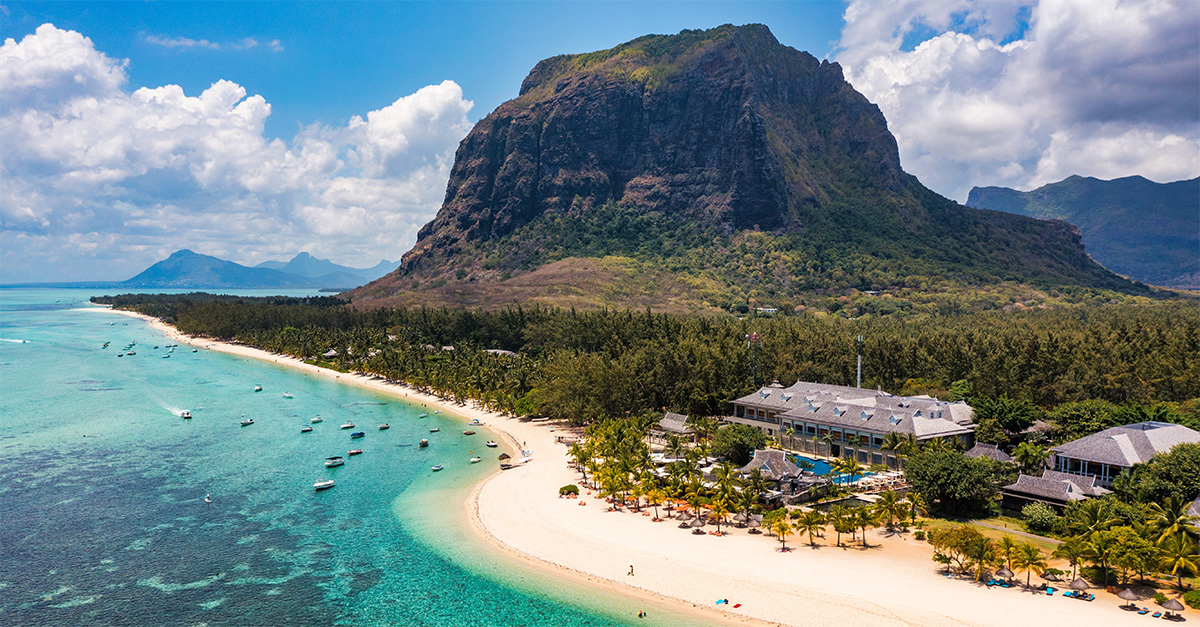The collapse of XL Leisure Group brought the reality of the economic downturn home to millions.
Scenes of stunned holidaymakers at airports were reminiscent of the queues outside branches of Northern Rock that marked the start of the credit crunch a year ago.
But whatever the surprise on the faces of those stuck in departures, a major collapse was expected.
Recessions find companies out and the UK is in one. The Confederation of British Industry added its voice to those saying so this week.
Companies go bust in every recession – the only issue is how many, which ones and when.
XL was always a likely candidate. It was large, but weak – with a sizeable charter carrier but no significant tour operator, competitive on price but less on quality, at the mercy of the low-cost carriers and with a brand that meant little to consumers. TUI Travel chief executive Peter Long said pointedly: “It had no scale.”
It was also in trouble going into the downturn, having undergone a £450 million management buyout in 2006, the loss of auditor KPMG following a row over its accounts, a change of leadership and cull of one in four jobs last autumn, a £24 million loss in 2007 and the abrupt departure of chairman Peter Owen this summer.
The writing was on the wall when the company announced it was dropping its winter programme to the Caribbean last month. One senior industry figure described the decision as “strange” – the Caribbean is a popular winter destination that would have kept cash flowing.
Corporate-restructuring specialist and now administrator Kroll was already involved, having been called in by the banks that financed the management buyout.
Barclays, in effect, pulled the plug by refusing further credit. Almost any bank would have done the same. The group was £143 million in debt and, it is estimated, needed £70 million to survive the winter. In the current climate, any company needing credit to survive is doomed.
Ryanair probably played a part in driving the group to the wall with its staggering loss-leader fares. Chief executive Michael O’Leary declared at the outset of the downturn he was prepared to lose money to drive rivals out of business and has been as good as his word.
The outlook for the industry is mixed. XL will not be the last failure. However, it would require a cataclysmic collapse both in the banking sector and consumer demand to put TUI Travel and Thomas Cook in trouble. The share values of both companies rose about 7% on news of XL’s demise.
A collapse never reflects well on a sector. Some consumers may prove cautious about spending on holidays. More damagingly, such a visible collapse may bring home to wider numbers the need to rein in spending.
The collapse has removed 7%-10% of capacity. The market needed that. Coming on top of continuing capacity cuts at the big two, package holiday availability could be 20% down year on year in 2009.
That will make it harder for small and medium-sized operators to find flight seats. It will put pressure on accommodation-only providers and reduce the stock for dynamic packaging. There will most likely be growth in demand for protected holidays – and the reduced availability will push up prices.
Specialist tour operators tend to prosper when capacity is tight. ABTA director and Sunvil managing director Noel Josephides warns: “The problem lies with companies that are neither big nor specialist and rely on price.”
None of this is bad news for the overall health of the industry, but will be deadly for some within it.
The industry has rightly drawn attention to the 10,000 holidaymakers abroad who will have to pay to fly home and the many more who will not be compensated for lost bookings.
Yet this aspect of the collapse has provided only good news for the trade. The rescue of holidaymakers has gone well – 75,000 of the 85,000 abroad will pay nothing extra and finish their holidays. The majority of people with advance bookings will receive a refund. The system works.
The major companies have rallied round. The media coverage has been favourable. There could hardly be a better advert for the trade and for the ATOL system. All blame for there being an unprotected minority lies with the government.
Finding a replacement holiday this Christmas and new year may be difficult, especially at a similar price. Monarch Airlines managing director Tim Jeans suggests prices will rise £30-£40 as a consequence of XL’s collapse.
The biggest losers will be XL’s 1,700 staff. There will be few travel jobs – British Airways is seeking 1,400 voluntary redundancies among managers. The outlook in Crawley, where XL was based, will be bleak until after the economy picks up – perhaps in 2010.
But the factors that brought down XL remain – an oil price way above historic rates and a credit squeeze. Recession is just beginning to bite and the banking crisis entered a new phase with the collapse of Wall Street’s Lehman Brothers.
Up to now, governments have bailed out troubled banks. The message this week was that they cannot bail out more – a situation not seen since the 1930s.
A deepening financial crisis has implications for every sector of the economy and threatens to take the industry into uncharted territory.
More on the collapse of XL
- XL failure: Industry leaders call for financial protection on all flights
- XL failure: News updates, reaction and analysis
- Business tips: How to recession-proof your business
Background: The highs and lows of XL Leisure Group
XL Leisure Group provided a classic example of rapid growth in good times, built around the Gatwick-based charter carrier Excel Airways set up by Phil Wyatt in 1999.
Wyatt had come into the industry as a teenager with Monarch Airlines.
Icelandic investment group Avion bought Excel in 2005 and added operations in France and Germany. It was a period when Icelandic business generally was expanding overseas.
Wyatt led a £450 million management buyout the following year, with a loan from Icelandic bank Landsbanki, guaranteed by Eimskip – as Avion was now known. The loan was to be repaid in March this year.
Excel rebranded as XL and grew quickly, buying up tour operators and investing in new aircraft, establishing a modern fleet of 21 aircraft.
But the company was tarnished by rumours of financial concerns following the resignation of auditors KPMG in 2006. Wyatt moved aside for chairman Peter Owen to
take day-to-day control.
Owen told Travel Weekly last November: “We do not see ourselves as a charter carrier. We are the third largest leisure group in the UK.
“We have a £2 billion business and ambition. We have aggressive goals to grow. I believe we can cope with what is happening in the economy.”




